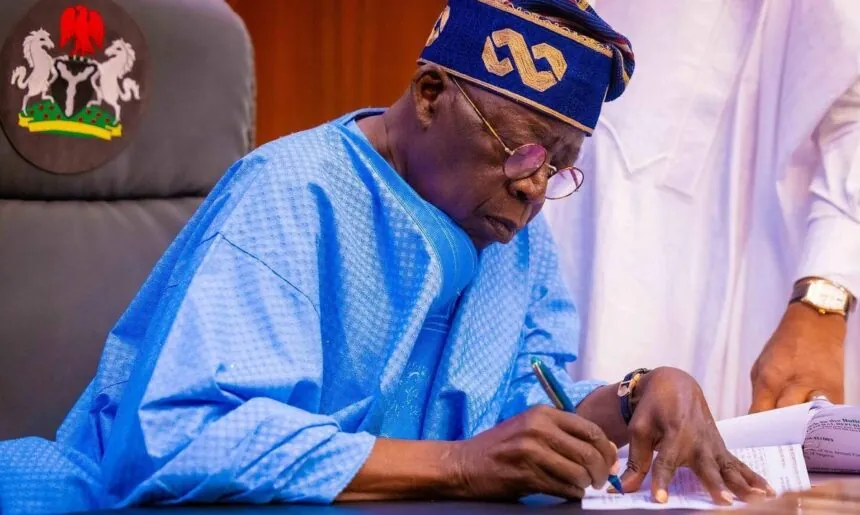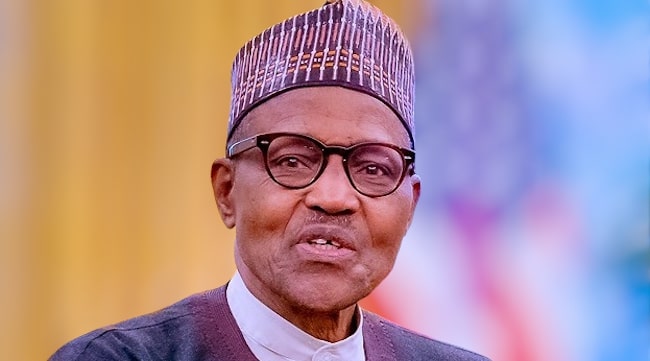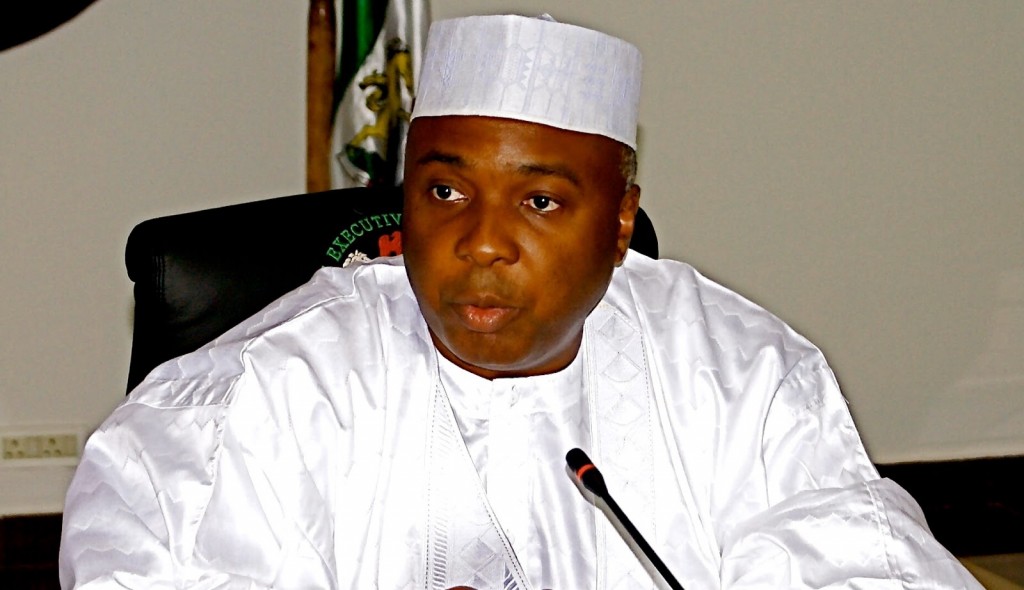Tinubu Signs Executive Order Offering Tax Incentives to Drive Down Oil Sector Costs, Attract Investors
Abuja, Nigeria – President Bola Tinubu has signed a significant new Executive Order aimed at drastically reducing operational costs, boosting investment, and increasing revenue returns within Nigeria’s critical oil and gas sector.
The President described the decision as a “bold step” designed to enhance efficiency and revive investor confidence in the upstream segment of the petroleum industry.
The directive, officially titled the “Upstream Petroleum Operations Cost Efficiency Incentives Order, 2025,” introduces a framework of performance-based tax incentives. This system is structured to reward operators who achieve measurable cost savings in their oil and gas projects.
Under the provisions of the order, companies that successfully meet or exceed industry-specific cost-efficiency benchmarks, which will be set annually by the Nigerian Upstream Petroleum Regulatory Commission (NUPRC), will qualify for notable fiscal rewards. These benchmarks are set to vary depending on the operating terrain: onshore, shallow water, and deep offshore.
Crucially, the new regime allows qualifying companies to retain 50 percent of the incremental government revenue that is directly generated as a result of their demonstrated cost savings. However, to ensure the preservation of public revenue, the available tax credits offered under this scheme will be capped at a maximum of 20 percent of a company’s annual tax liability.
Emphasizing the strategic intent behind the order, President Tinubu stated, “This is not about charity, it’s about value.” His remark underlines the government’s focus on creating a performance-driven environment that delivers tangible benefits for both investors and the nation.
To guarantee seamless and effective execution, the President has appointed his Special Adviser on Energy, Mrs. Olu Verheijen, to oversee inter-agency coordination and ensure alignment across relevant government institutions involved in implementing the new policy.
Mrs. Verheijen further elaborated on the significance of the order, stating, “This reform is not just about slashing costs. It’s a strategic effort to make Nigeria’s upstream sector globally competitive and fiscally resilient. By incentivizing efficiency, we are boosting investor confidence and ensuring greater value for the Nigerian people.”
According to a statement released on Friday by Senan Murray from the Office of the Special Adviser to the President on Energy, this new Executive Order builds upon earlier reforms introduced in 2024. Those previous measures focused on enhancing fiscal terms, streamlining project commencement timelines, and aligning local content requirements with international standards, positioning this latest order as part of a broader strategy to revitalize the sector.




